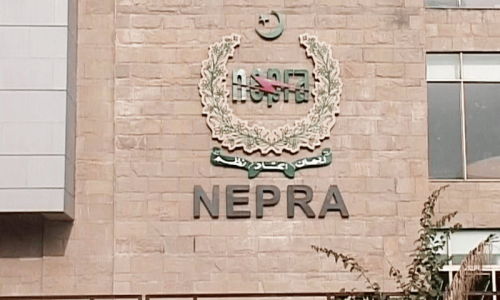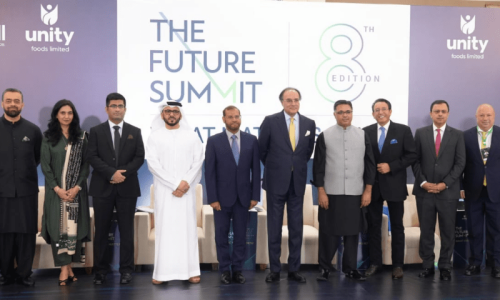BRUSSELS, March 15: Rich countries calling for more openness from powerful foreign state-owned investment funds need to provide more clarity themselves, a minister from an oil-rich Gulf state said on Saturday.
Sheikha Lubna al-Qassimi, trade minister of the United Arab Emirates, said sovereign wealth funds -- which have amassed trillions of dollars in funds for investment -- were struggling to understand the rules of the game in developed economies.
“When we talk about clarity and transparency, we are talking about a joint responsibility. It’s not a one-sided story,” she told the Brussels Forum conference on transatlantic relations in Brussels.
Al-Qassimi said demands on state funds kept changing and it was unclear what recipient countries considered as their strategic sectors, national interests or security concerns, all of which could be used to justify barring investments.
Sovereign funds, some of which are decades-old and built on income from oil or commodities exports, have helped rescue struggling Western banks in recent months.
Most European Union and US officials stress they want to keep markets open to the funds, especially in the midst of a credit squeeze where investment capital is scarce.
But some US and European politicians fear foreign states might use the funds for political or strategic purposes, rather than for purely commercial reasons. A new fund in Asian powerhouse China has only heightened those concerns.
Critics also point to the secrecy of some funds about their portfolios and their internal investment rules.
The International Monetary Fund and other institutions are drawing up best-practice guidelines for the wealth funds and a first draft is due to be published in October.
An EU summit called on Friday for the funds to abide by a voluntary code of conduct, but rejected the idea of making it a condition that their home countries give reciprocal access to European investors.
US lawmakers say if the IMF does not move quickly on a code to ensure their operations are made more transparent, they will propose laws to force the funds to disclose investments.
The Organisation for Economic Cooperation and Development is also working with governments from recipient and emerging countries to help reconcile security concerns.
US Deputy Treasury Secretary Robert Kimmitt, speaking at the same conference on Saturday, said the US government saw no reason for concern from the investment might of the funds but wanted to ensure vigilance.
“They are now growing in both size and number to the point where vigilance is required,” he said.
Kimmitt and European Economic and Monetary Affairs Commissioner Joaquin Almunia said the emergence of the funds was a symptom of the imbalances that have built up in the global economy, especially the US current account deficit and China’s trade surplus, both of which needed to be addressed.
—Reuters














































Dear visitor, the comments section is undergoing an overhaul and will return soon.